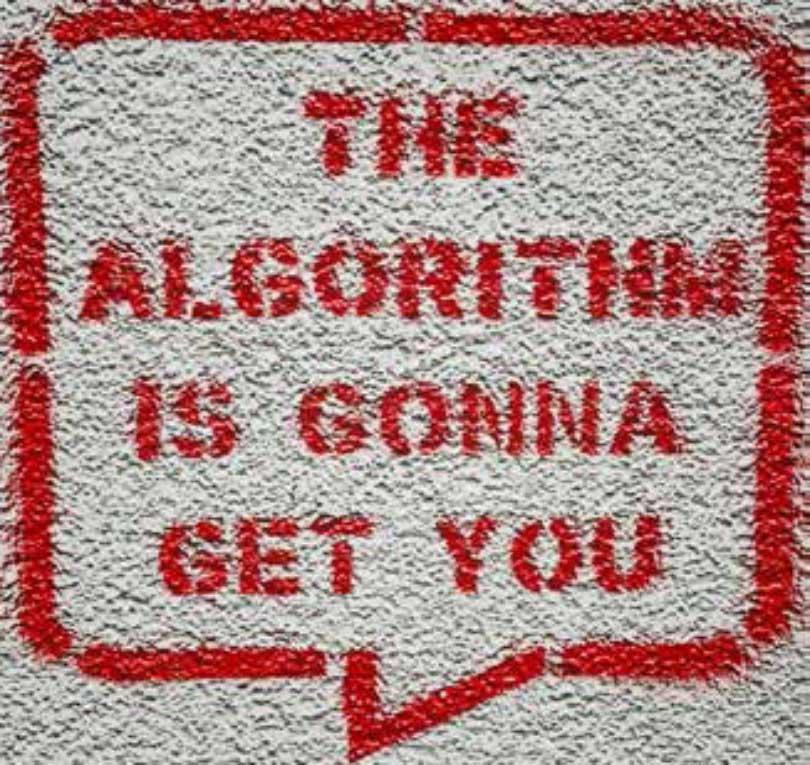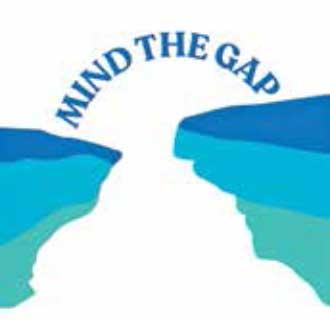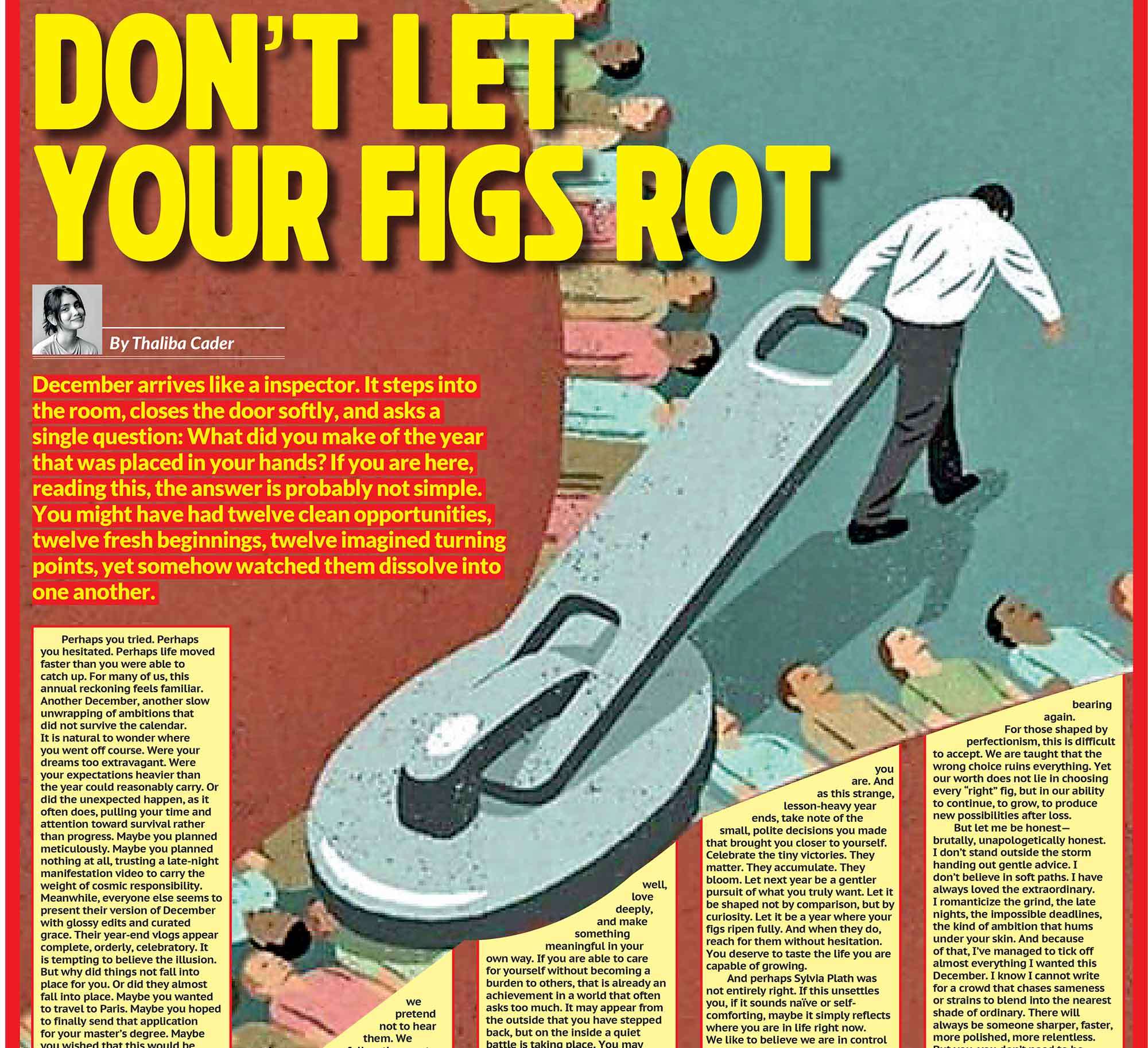



 More people are talking about mental health than ever before- and while this reflects a long-awaited global shift towards the destigmatisation of mental illnesses, it brings with it a new concern. Clinical language, once reserved for the therapy room, has now entered modern vernacular. With the rise of social media, terms such as ‘narcissist’ and ‘gaslighter’ are everywhere, often used imprecisely and without clinical grounding. This phenomenon, known as ‘therapy speak,’ is diluting our understanding of mental wellbeing.
More people are talking about mental health than ever before- and while this reflects a long-awaited global shift towards the destigmatisation of mental illnesses, it brings with it a new concern. Clinical language, once reserved for the therapy room, has now entered modern vernacular. With the rise of social media, terms such as ‘narcissist’ and ‘gaslighter’ are everywhere, often used imprecisely and without clinical grounding. This phenomenon, known as ‘therapy speak,’ is diluting our understanding of mental wellbeing.
Let’s break down the ways in which therapy speak is problematic:
- It renders psychotherapeutic language meaningless and irrelevant. If everyone is ‘a little OCD’ or ‘a little Bipolar,’ clinical terms such as these are no longer able to provide a nuanced understanding of the specific experience of someone facing mental health difficulties. Depriving a marginalized group of language that aids them in processing and sharing their experiences is an injustice. It downplays the extent of their hardship and renders them misunderstood, resulting in further systematic and societal marginalization.
- It pathologizes normal variations in behavior and thought. When clinical language is overused and/or used incorrectly by those without the appropriate training, we risk conflating common, expected responses to certain stimuli with uncommon, unusual responses. For example, nervousness before a big presentation or shyness in a new social setting are appropriate responses in these specific environments. Unless accompanied by significant, disproportionate distress, these feelings alone do not warrant clinical intervention. When ‘normal’ anxiety responses such as the above are confused with anxiety disorders, we risk healthy individuals viewing their emotions as inappropriate and in need of suppression. Additionally, such misdiagnoses contribute to the marginalization of individuals who do have these conditions as it not only trivializes their experiences, but also results in the appropriate, tailored care for them being oversubscribed and therefore, less accessible.
- It results in inaccurate self-diagnosis and associated behaviors. As the amount of mental-health related content on social media platforms such as Tik Tok and Instagram increases, more and more people find themselves identifying with the terminology used. Whilst this alone may not be an issue and may in fact aid individuals in understanding themselves and seeking appropriate care, inaccurate self-diagnoses may result in unnecessary distress and the employment of inappropriate self-care tactics. Additionally, these self-diagnoses may result in behaviors that exacerbate perceived symptoms- for example, individuals who conflate mild anxiety with an anxiety disorder may engage in avoidance behaviors, which may then result in the worsening of anxiety symptoms. Such a progression of events highlights the manner in which inaccurate self-diagnoses may become self-fulfilling prophecies.
- Certain individuals may purposefully misuse clinical terminology to discredit others and/or evade responsibility. Systematically and societally, claims made by individuals with psychiatric diagnoses are often discredited due to them being misperceived as unreliable narrators. Mislabeling an individual as having a mental health condition, therefore, may result in them being met with skepticism and unfair treatment in legal, clinical, societal and other settings. On the other hand, individuals may intentionally misuse therapeutic language to give them a faux sense of authority or competency, which in turn may be used to manipulate or shame others and/or justify selfish behavior. When the aforementioned behaviors are carried out under the guise of virtuosity, a power imbalance is established wherein the individual in power is not held to the same moral standards as the one they aim to control.
- The overuse of clinical language may have the unintended effect of dehumanizing the individual it is used in relation to. Referring to an individual with a mental health condition using only diagnostic terms or clinical language may reduce their identity to an object of social policy that needs to be managed. Disregarding a person’s identity as an intelligent being results in the dismissal of their lived experiences and belief systems. Not only does this disrespect these individuals by robbing them of their autonomy, it also prevents them from being met with empathy, forming relationships and receiving the appropriate mental health care.
Undoing the years of damage caused by the misuse of therapeutic language is no small feat; and a collective effort is imperative to prevent further harm. As consumers of and contributors to social media, it is important that we are critical of the content we engage with. Additionally, we should educate ourselves on the true meaning behind clinical terminology in order to be able to identify when it is misused and avoid misusing it ourselves.
As mental health practitioners, we play a pivotal role in shaping the societal understanding of mental wellbeing. It is our duty to our profession to ensure the use of precise clinical language that prevents the oversimplification or stigmatization of mental health conditions, whether in the therapy room or in psychoeducational social media content. We should recognize and call out clients and peers alike who use therapy speak to misconstrue certain events and engage in collaborative discussions that foster authentic communication.
Lastly, as members of society, we should be knowledgeable of the avenues to receiving the appropriate, professional mental health support for ourselves and our loved ones- ensuring that the language of healing remains a tool for understanding, not confusion.











